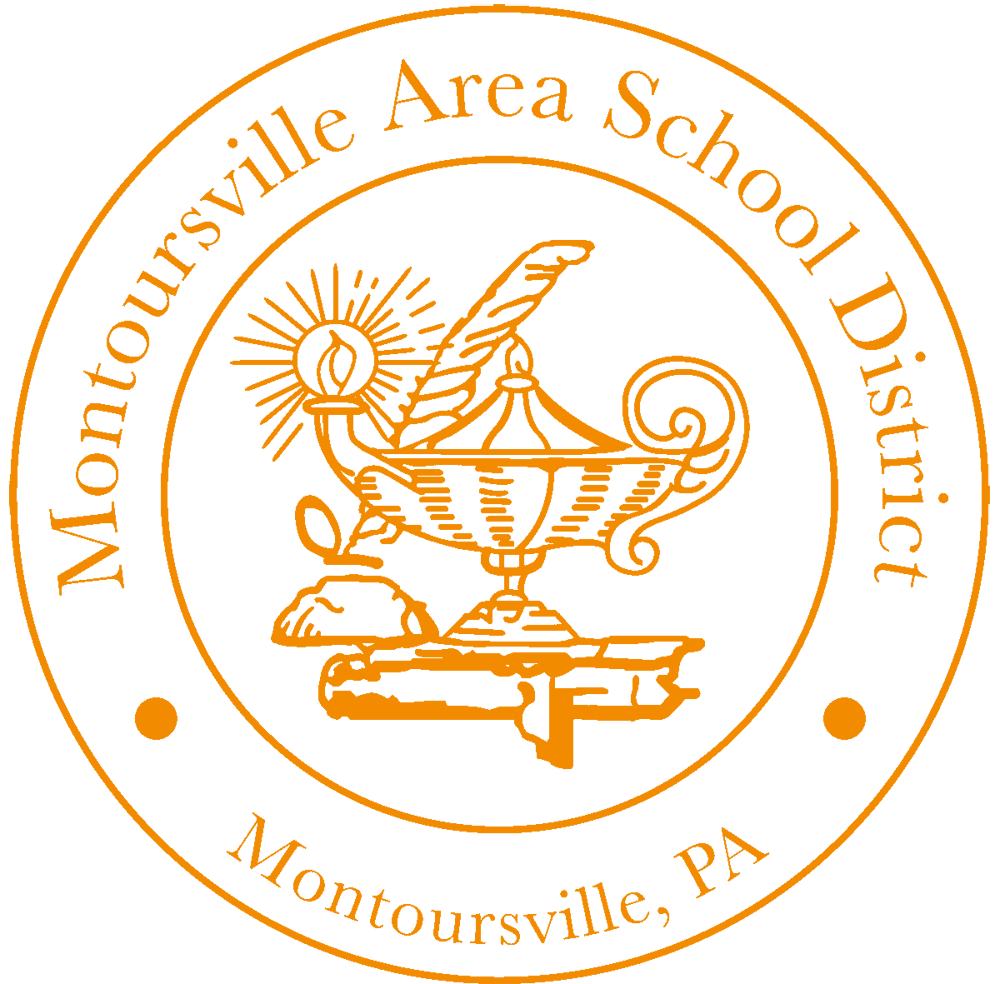Information Literacy
WHAT IS INFORMATION LITERACY?
Information Literacy is defined as the ability to access, evaluate and use information from multiple formats—such as books, multimedia such as CD-ROMS and videos, subscription databases, ebooks, and internet websites.
The Nine Information Literacy Standards for Student Learning* are:
Standard 1:
The student who is information literate accesses information efficiently and effectively.
Standard 2:
The student who is information literate evaluates information critically and competently.
Standard 3:
The student who is information literate evaluates information accurately and creatively.
Standard 4:
The student who is an independent learner is information literate and pursues information related to personal interests.
Standard 5:
The student who is an independent learner is information literate and appreciates literature and other creative expressions of information.
Standard 6:
The student who is an independent learner is information literate and strives for excellence in information seeking and knowledge generation.
Standard 7:
The student who contributes positively to the learning community and to society is information literate and recognizes the importance of information to a democratic society.
Standard 8:
The student who contributes positively to the learning community and to society is information literate and practices ethical behavior in regards to information and information technology.
Standard 9:
The student who contributes positively to the learning community and to society is information literate and participates effectively in groups to pursue and generate information.
